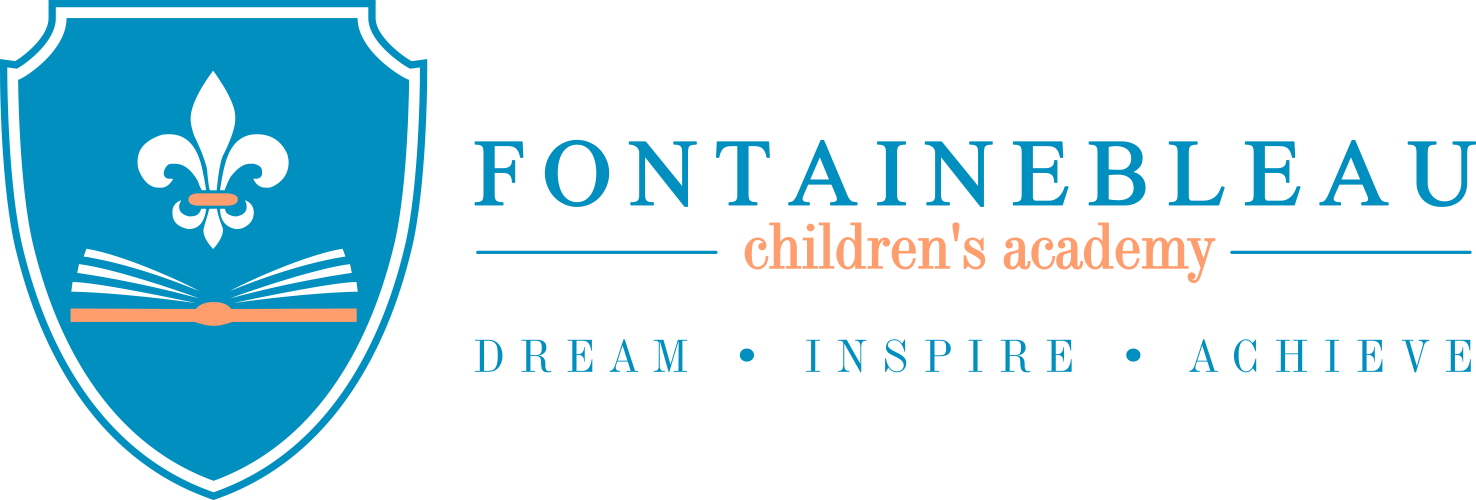Discover, Learn, and Grow: Nature-Based Learning for Kids
The outdoors is a rich sensory environment that naturally supports early childhood development. Nature-based learning not only engages the senses, it also encourages critical thinking, observation, and emotional regulation.
Why Outdoor Learning Matters:
When children engage in outdoor activities, they access real-world learning. Nature stimulates the brain with ever-changing patterns, sounds, and textures-great for children's sensory integration, gross motor skills, and stress regulation.
Learning Modalities Engaged:
- Kinesthetic: Walking, climbing, digging
- Tactile: Handling leaves, rocks, water, soil
- Naturalistic: Recognizing patterns in weather, plants, and animals
Ideas to Try:
- Collect natural materials and sort them by size, texture, or color
- Go on themed nature walks ("find something soft," "find something red")
- Use water play to explore volume and temperature
- Make a backyard obstacle course for physical coordination
Brain Benefits:
- Enhances sensory processing and integration
- Supports cognitive flexibility and adaptive thinking
- Stimulates curiosity and observational skills
Social-Emotional Benefits:
- Reduces stress and anxiety through exposure to nature
- Encourages cooperative play and turn-taking in open space
- Promotes resilience and problem-solving in unfamiliar environments
Final Thoughts:
Outdoor exploration fosters whole-child development in a way that's hands-on, active, and joyful. Whether it's a park, your yard, or a nature trail, there's a lesson waiting to be discovered in every leaf and puddle.




